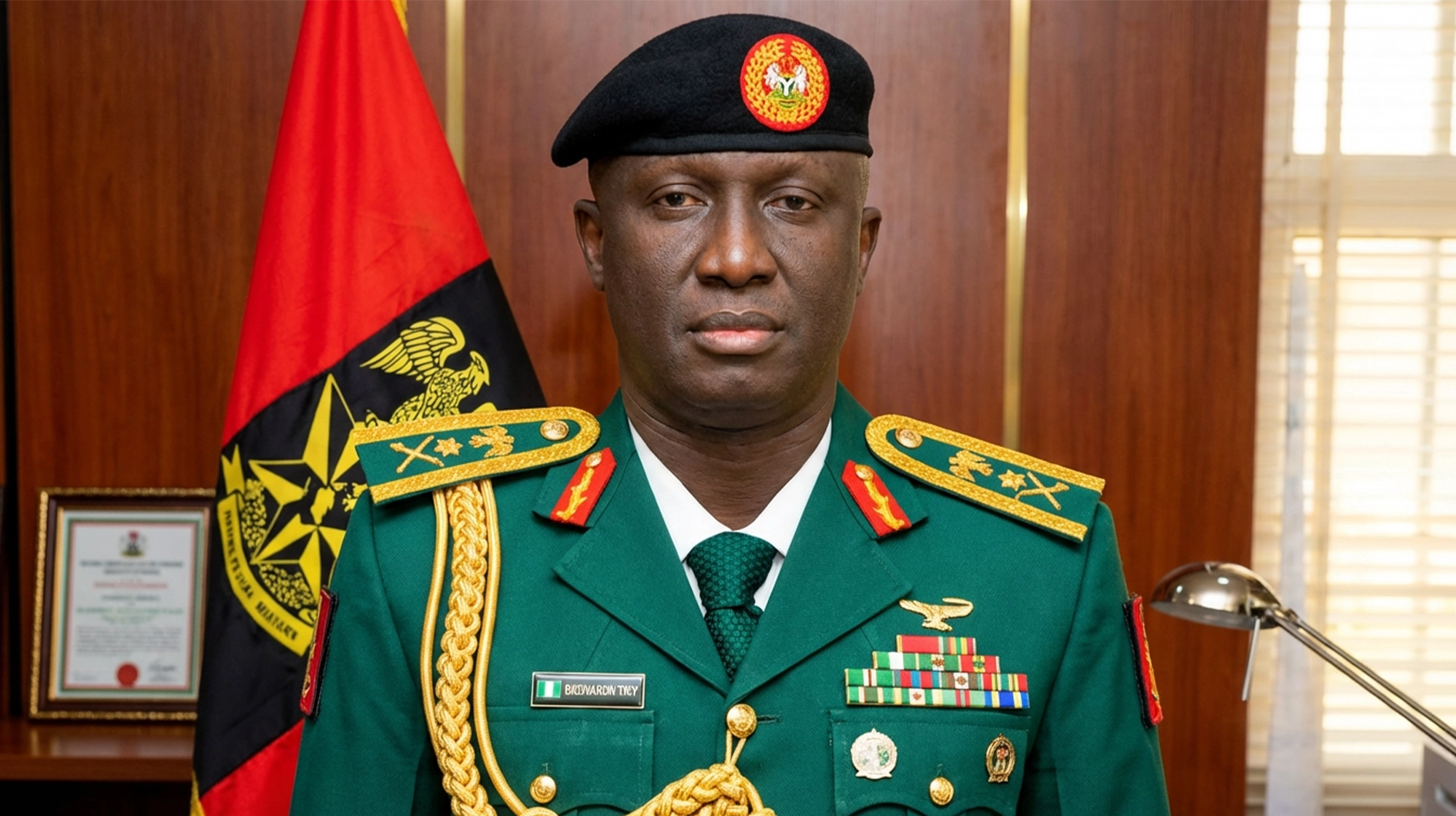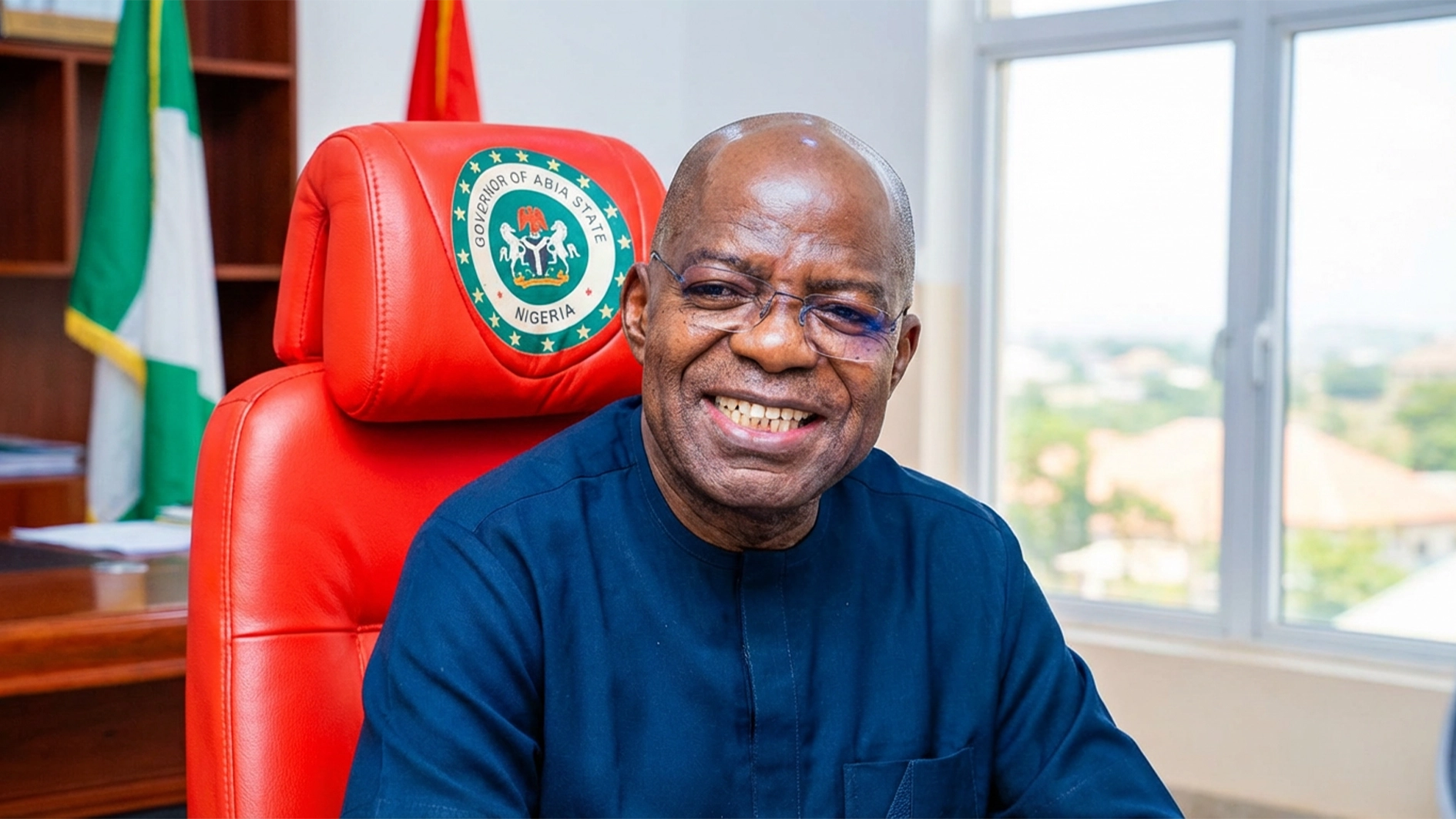Amid rising cases of mental health challenges faced by men today, a leading mental health coach and founder, Gnosis, Ovie Ukiri, has given reasons why men are failing emotionally.
Ukiri in a recent statement, noted that in today’s fast-paced world, men are expected to be many things—providers, protectors, leaders—but rarely are they expected, or even allowed, to be emotionally present.
He noted that from a young age, boys are told not to cry, not to feel too deeply and to “man up” in the face of pain.
“As they grow into adulthood, that message calcifies into silence, emotional withdrawal and shame,” he said.
He stressed that a generation of men who are emotionally bankrupt—disconnected not only from others, but from themselves.
“Men are failing emotionally, not because they lack the capacity to feel, but because they were never taught how to process what they feel. Instead of naming emotions, they suppress them. Instead of seeking help, they isolate. And instead of being vulnerable, they perform strength while dying silently inside,” he added.
Ukiri further stated that this emotional failure shows up in different ways: anger issues, addictions, broken relationships, mental health crises or even suicide.
“According to global statistics, men are significantly less likely to seek therapy but are three to four times more likely to take their own lives. This is not a coincidence. It’s a sign of emotional suffocation.”
Speaking further, he disclosed that when a man is emotionally disconnected, he loses access to one of the most powerful tools for inner peace and personal growth: self-awareness.
He noted that without it, the man moves through life like a ghost—performing roles but never truly being.
“He might be a father, but not emotionally available to his children. He might be a partner, but unable to connect on a deeper level. He might be successful on the outside, but struggling to sleep at night.”
Proffering solutions, he said relevant agencies must create safe spaces—both physically and emotionally—where men can be seen, heard and allowed to feel without guilt.
“Spaces like Gnosis, where men are guided back into emotional freedom, through open dialogue, inner work and deep healing. Furthermore, we must normalise emotional literacy for men. It is not weakness to name your pain; It is strength. It is not shameful to cry. It is human. Emotional maturity should be celebrated in men the same way toughness is,” he said.
Concluding, he noted the need to teach men that they are not alone and that there is no medal for silent suffering. “Healing is not a solo journey, it’s a shared one,” he said.
“If we want our men to rise, we must first allow them feel. Not just in private, but in community. Not just in pain, but in purpose. Because the strongest man is not the one who hides his wounds. It’s the one who dares to heal them unashamedly,” he said.






